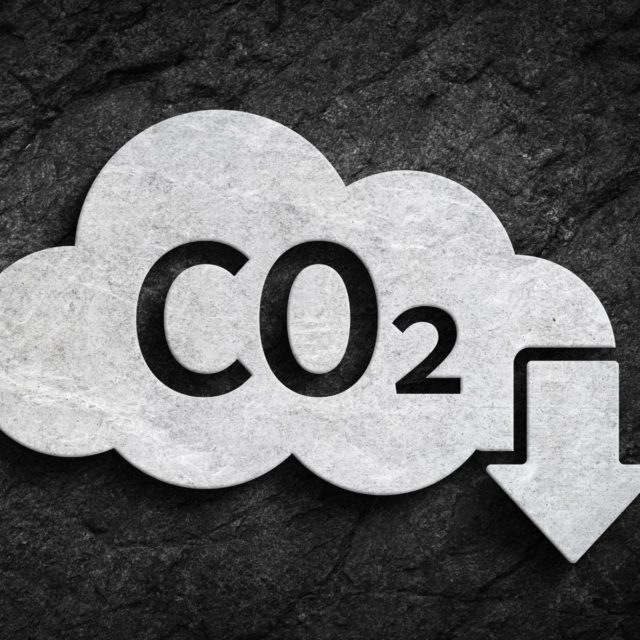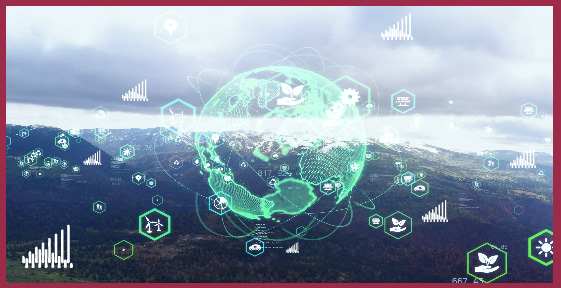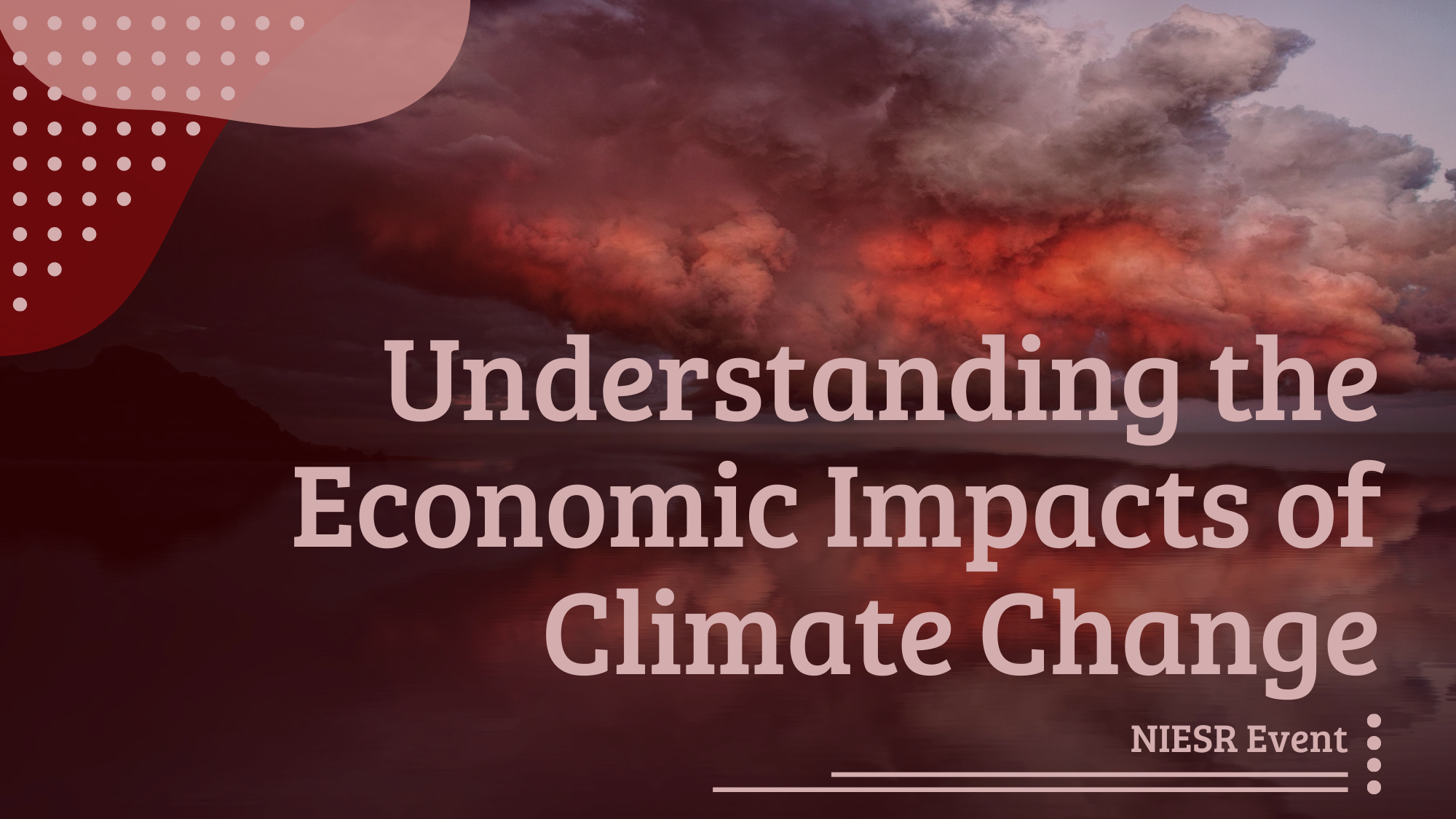Economic Impacts of Climate Change
Climate change poses an unprecedented set of challenges to the global economy and by extension to the financial sector. Macroeconomic impacts caused by climate change may create significant credit, market, and operational risks for financial institutions.
 Pub. Date
Pub. Date
 Pub. Type
Pub. Type

Main points
- IAM scenarios have long time horizons, often extending to 2050 or 2100, to assess the long-term implications of various mitigation strategies. However, the long-term dynamics inherent in the structure of IAMs implies limited granularity over shorter time horizons and less focus on short-term economic volatility, critical to assessing the performance of financial assets.
- To gain a complete understanding of climate risks, financial actors need to use both long-term and short-term scenarios. Long-term scenarios are useful to set a sustainable future operating model and net-zero targets. However, short-term scenarios provide actors with insights into more immediate threats to financial stability.
To advance the financial sector’s knowledge of applying macroeconomic models to climate change scenarios, as part of the United Nations Environment Programme’s Finance Initiative’s (UNEP FI) Task Force on Climate-related Financial Disclosures (TCFD) Programme, UNEP FI partnered with the UK’s National Institute of Economic and Social Research (NIESR), a leading economic research organisation.
Experts from NIESR provided valuable support in helping participating firms understand the critical assumptions of macroeconomic climate scenarios and the utility of short-term macroeconomic shock scenarios for climate scenario analysis.











